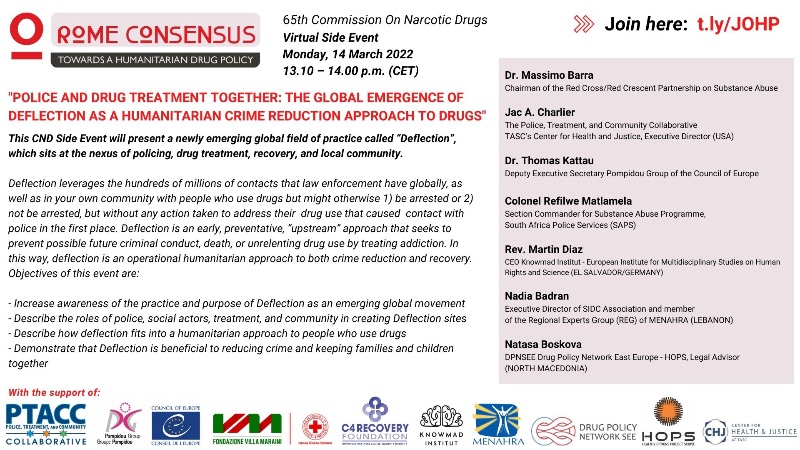The Network for Protection against Discrimination held a promotion of the policy document with a focus on rape and sexual harassment “How to effective protection in cases of sexual violence?”. The event was organized within the framework of marking the international campaign 16 days of activism against gender-based violence. Its purpose was to promote proposed solutions for the effective protection of victims of sexual violence in accordance with the already accepted obligations from the Istanbul Convention and to request the immediate adoption of amendments to the.
 In the period of waiting for the amendments to the Criminal Code, which passed the first reading in the Assembly of the Republic of North Macedonia, after more than a year, one can witness inadequate implementation of the procedures for criminal prosecution of the perpetrators of sexual violence, prolonging of the procedures, inappropriate qualification of the acts and unjustified termination of prosecutions that punish victims instead of perpetrators.
In the period of waiting for the amendments to the Criminal Code, which passed the first reading in the Assembly of the Republic of North Macedonia, after more than a year, one can witness inadequate implementation of the procedures for criminal prosecution of the perpetrators of sexual violence, prolonging of the procedures, inappropriate qualification of the acts and unjustified termination of prosecutions that punish victims instead of perpetrators.
Dragana Drndarevska from the Network for Protection against Discrimination and legal adviser in the Coalition Margini (DPNSEE member organisation) opened the event by pointing out that “the delay in adopting the amendments to the Criminal Code means that we still do not have a consensus between the political parties on the issue of protecting victims from gender-based and sexual violence “.
This event, as well as the prepared document for public policies, are activities within the project “Network for Protection against Discrimination: Promotion of Policies and Practices for Protection against Discrimination and Promotion of Equality”, which is financially supported by the Open Society Foundation – Macedonia.
The document is available following this link>>>.




